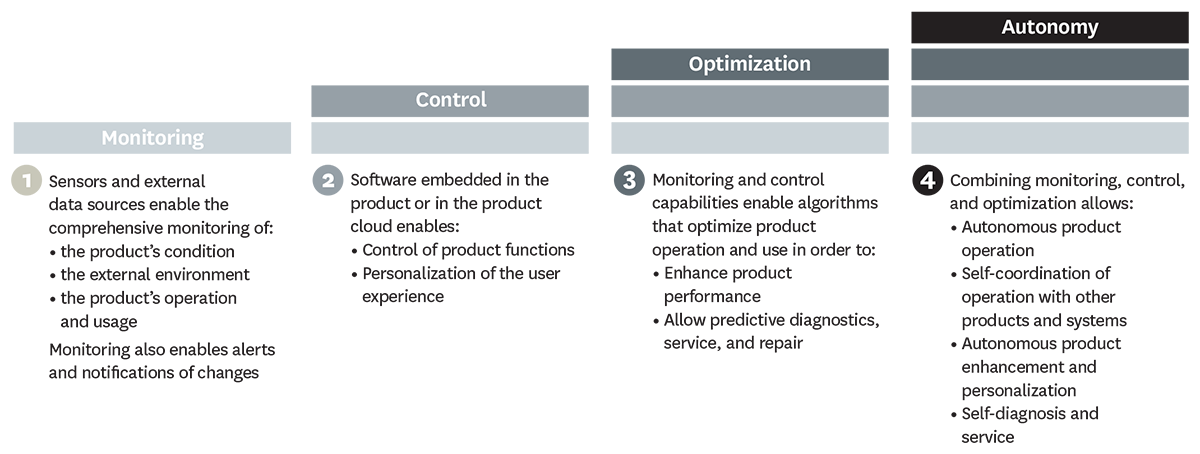Consumerization of networks
How networks and autonomy are converging
If the future is about the consumerization of autonomy, what was the past 50 years of technology about?
In short: Consumerization of networks.
The most radical paradigm shift in information technology was when we realized that connecting computers in a network and making that experience as consumer-like as possible would bring about new commercial possibilities.
We moved from ARPANET to the internet, then made accessing the internet as easy as possible so that everyone could use it, leading to the birth of AOL. The next step was making the internet ubiquitous, allowing people to use it anywhere, anytime, which gave rise to smartphones—and Apple and Samsung emerged as the winners.
We then thought about making everything computerized and consumerized, adding “smart” to everything. By computerizing stuff, we have the ability to make them seem intelligent, but we won’t achieve actual autonomy until we can perfectly model the real world and that means an abundance of data. That’s why we need to consumerize the experience of computerized things—to activate a data layer from the network of computerized things, which in turn will become intelligent and autonomous.
I have been using the smart, connected product framework by Michael Porter to think about how technology transforms business. This framework has been very useful in cutting through the noise and is now coming to life when looking at the current AI trend.
With both digital and AI transformations, data is the cut-off point. However, the way data is produced or used changes its commercial usefulness. Data that can be cleanly and efficiently used in the process of going from monitoring to controlling to optimizing and finally autonomizing is the only type of data that will have real commercial value. All other data is noise.
The key to progressing from one stage to the next is consumerization and making product experiences as consumer-like as possible, so that data can be seamlessly, voluntarily, and most importantly, economically shared within the network. Once there’s enough useful data, it can be used to autonomize those networks.
I have been thinking about autonomy network operators (ANOs) as businesses that can successfully build networks and autonomize them towards specific use cases. So far most of these ANOs are at the monitoring or control stage. The innovators are pushing the envelope on optimization and autonomy stages. These will be the most successful startups of the current era.
Conclusion
The past 50 years have been about making computing accessible and integrated into our daily lives through the consumerization of computer networks. As we look to the future, the focus will shift towards the consumerization of autonomy, where data and intelligent computer networks will work together for specific tasks. Companies that can navigate this transition and leverage data to become ANOs will lead the next wave of technological advancement and deliver outcomes such as:
Enhancing individual productivity in daily life while providing new experiences.
Improving operational efficiency and reducing costs for businesses.
Solving challenges in public safety and urban life.
This is an educational post about GEX Ventures investments. It is for informational purposes only and may not be relied on as legal, tax, securities or investment advice and does not constitute an offer to buy or sell interest in any products offered by us or others. Email me at mk@gex.vc or leave a comment if you’d like to exchange ideas.



